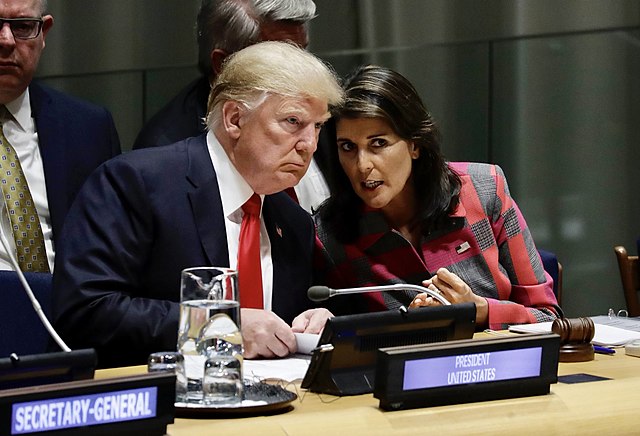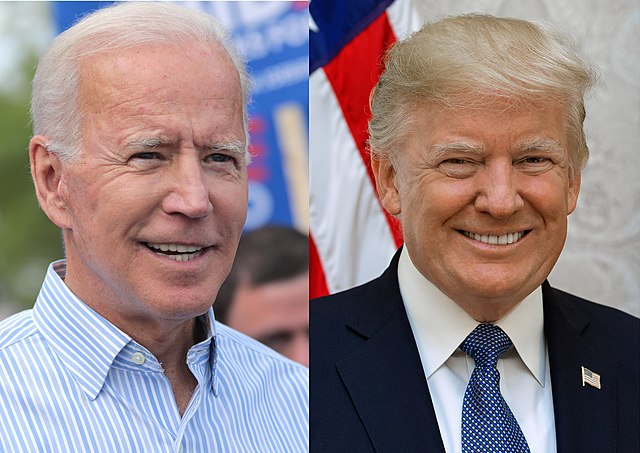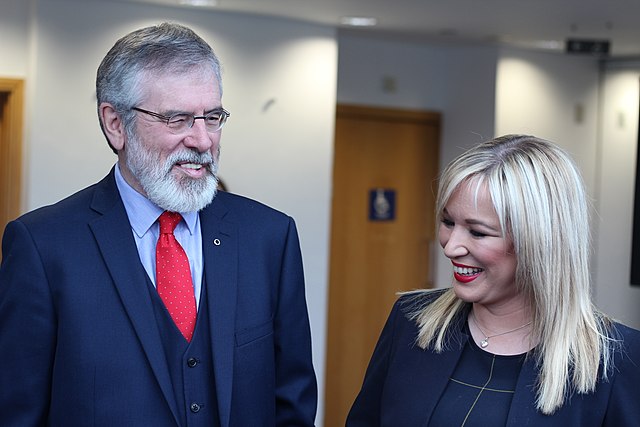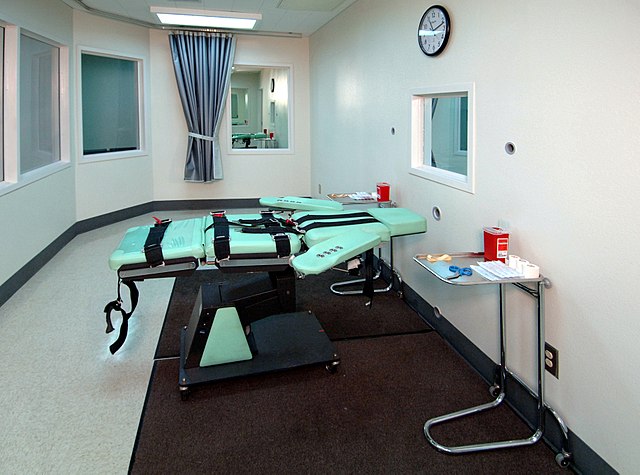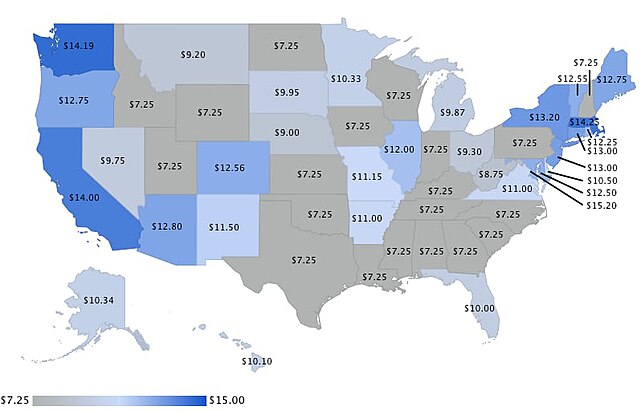Tuesday, March 5th, 2024, was “Super Tuesday,” and this year, the end of former South Carolina Governor Nikki Haley’s presidential campaign. Fifteen states hold primary elections on Super Tuesday, and Haley won one state: Vermont, the deep blue state home to Independent Bernie Sanders.
Former President Trump won every other Republican primary on Super Tuesday. Ten days earlier, he won Nikki Haley’s home state of South Carolina, with her only winning three counties. After Super Tuesday, Haley dropped out of the Republican presidential race, but did not endorse Trump.
Junior Tucker Hendrix said “It’s interesting how in most states Haley pulled around 30-40% in most of the primary elections, so if you take that around the country she definitely had a lot of support, so without her endorsement Trump’s campaign is interesting. It would be interesting to see what would happen if she ran as an independent.”
Here’s the shocking part: polls have been unclear and varied as to who would win in a race between Trump and current President Biden. But, in a race between Haley and Biden, Haley would win by as large a margin as fifteen points.
So, how is this possible? If a majority of Americans support Haley over Biden, how did she lose in the primary? The reality is that it’s not that simple. According to those polls, yes, in a Haley-Biden race, she would win, and possibly by a larger margin than American presidential elections have seen in 40 years, according to data from the American Presidency Project. She could have received a greater amount of the popular vote than any non-incumbent since the 1920s.
The problem? Trump’s death grip on the heart of the Republican Party. Since the 2016 election cycle, he has created a cult of personality so strong that his supporters don’t care about what is best for their political party or what the majority of the country might want. To many Trump supporters, it is Trump or nothing.
Haley would have been successful because a sizable chunk of Americans fall in the middle of the political spectrum. The part of the Republican Party who doesn’t support Trump (including those who identified themselves as “Never-Trumpers” in the 2016 and 2020 elections) have been the ones most vocally supporting Haley, and moderates who dislike Biden or even Democrats who’s view of him have been soured due to any number of reasons (for example: immigration and the Israel-Palestine conflict) would possibly have voted for Haley. Those people are the reason why she had such a strong lead over Biden in the polls.
CCES Senior Ciarán Greer said that “It’s our own country’s fault for not going to the polls. Not enough people went to the polls and voted for Haley. If you’re going to complain about it you gotta do something about it.”
According to a Reuters poll, roughly 67 percent of those polled said they are “tired of seeing the same candidates in presidential elections and want someone new” and 18 percent said they wouldn’t vote at all in a Trump-Biden rematch.
Haley held a majority of Americans support, but not of Republicans. The stronghold Trump has created in the Republican Party won him the primary election victory- but at what cost? It may be the cost of any candidate getting a majority of the popular vote this election. We live in a country where two-thirds of voters don’t like either candidate in this election cycle, but one of those two will most likely be President for the next four years.
However, this election could be the spur our political system needs to push a third party closer to the surface. We don’t know- and won’t until election day- how many of that 67 percent will refuse to vote for Trump and Biden. But those who will refuse, and possibly the 18 percent that think they won’t vote at all, may look to a third party candidate as an alternative.
One third party candidate who has been in and out of the news is Robert F. Kennedy Jr., an independent. The Libertarian, Green, and No Labels parties are all expected to field candidates in the 2024 election. While it is highly unlikely that any of these candidates win, given America’s history with a two party system, this election could see these parties gaining more attention and more votes than the past few election cycles (see: American Presidency Project referenced above).
Whatever happens, this election will certainly be contentious. American voters are confronted with the same choice they had four years ago (the first presidential rematch since 1956), and a political scene that grows more divisive by the day.

